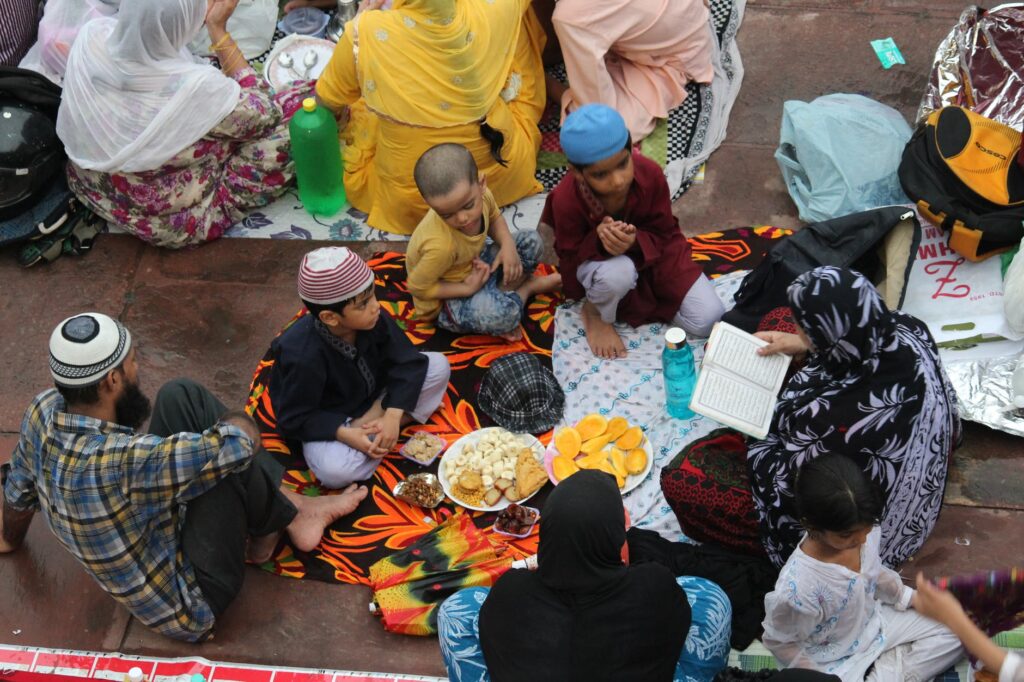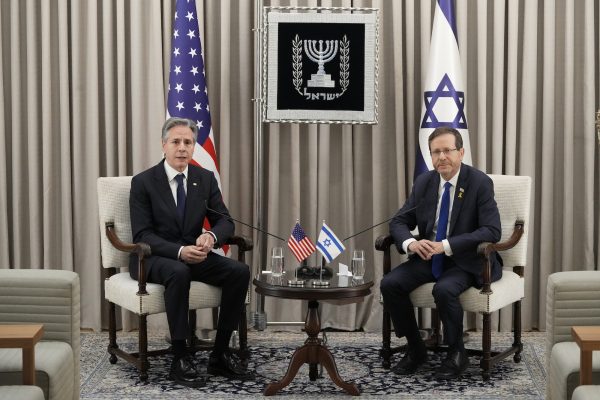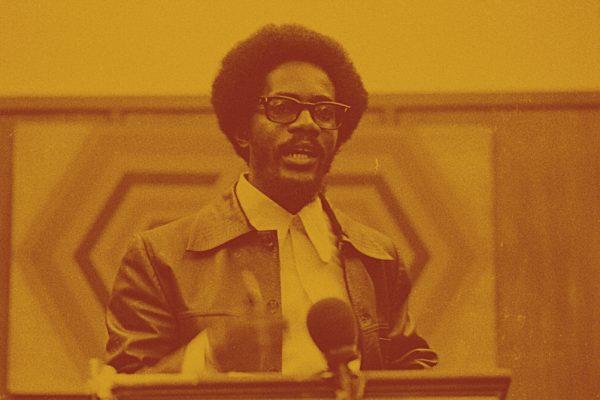Today, Muslims all over the world are bringing to a close their celebrations of Ramadan, which occurs annually in the ninth month of the lunar calendar. Fasting is mandatory: observant Muslims abstain from consuming food or drink or engaging in sexual activity from sun-up to dusk. It is one of the “five pillars of Islam,” the basic tenets of the faith that all able Muslims must adopt in belief or practice. For those who undertake the fast with a sober mind, the experience can be wholly immersive and spiritual, transcendental even.
I recently traveled first to Cairo and then Istanbul to find out how these two dense—and as I saw, very different—majority-Muslim cities transform during the holy month. Even familiar places can take on radically alternative hues at certain times—whether during revolutions or on holidays.
• • •
On a normal day in Cairo traffic roars and grinds dust into the hot air. The heat, in turn, gums the dust onto everything. A long walk through central streets will leave a sweaty grime on the skin, but it’s a small nuisance in light of the overall experience of the city.
The size and grandeur of the sycamore trees rooted on the banks of the Nile are always striking. So too are the minarets which announce the athan, or call to prayer, with a sometimes-unsettling force and persistence five times a day. When that happens, mainly observant men stream into mosques to dedicate a brief ten or twenty minutes to worship.
But many people continue with daily life. The absence of outward devotion doesn’t mean indifference, however. Most people, as far as I can tell, are quietly deferential to the mu’athin’s call. In any case, life in Cairo rarely slows. Not at the surprisingly abundant bars and cafes quietly tucked away in a range of neighborhoods, and not at the casinos in the high-end hotels that line the Nile.
During Ramadan, the scene is drastically different, and the change comes abruptly. Liberal Egyptians and ex-pats crowd liquor stores in advance of the holy month in anticipation of a long dry season. The few bars that remain open largely refuse to serve Egyptians. Drinking water or eating in public is a shade beyond culturally insensitive. It will earn the transgressor looks and perhaps a comment from a passerby. That’s the outsider’s experience.
For a practicing Muslim, Ramadan can be an extraordinary time to visit Cairo. Life’s metronome slows. A sleepy lethargy begins to lap at the city’s reserves of energy until the entire place feels like a fading photograph. The call to prayer is soporific, and naps follow abbreviated workdays.
As dusk approaches, what energy remains is channeled into the limbs of the faithful who gather around dinner tables to slake their thirst and stanch their hunger with friends and family. An early evening stroll in the city means encountering large groups of people gathered at tables in the streets or outside mosques. Charity is an imperative and no one has to go hungry.
The city undergoes yet another transformation as the night wears on. Bright lights and lanterns sparkle and flash. This is the time to shop, eat, drink, and carouse—loudly. Young families sip tea on Nile boats amid the din, the boats’ silhouettes sharply illuminated against the dark tide by colorful string lights tracing a line from mast to stern.
Then daytime again; the cycle is reset.
• • •
I flew from Cairo to Istanbul about ten days after the start of Ramadan. The Tower of Galata punctured the uneven line of the city’s red-tile roofs on one side of me as the airplane landed. On the other, the magnificent Blue Mosque and Hagia Sofia shone proudly on the Golden Horn.
It was my first visit, and I didn’t know what to expect. Still, I was surprised to see how many people in the streets were eating and drinking, how many restaurants were filled with people and activity during the day. By nighttime bars and clubs overflowed with beautiful young Turks who chain-smoked and downed glasses of raki in Taksim, Tunel and Galata—collectively, Istanbul’s Greenwich Village. I think most of the veiled women I spotted at night were tourists from the Arabian Gulf.
In several of the working-class neighborhoods I visited, Ramadan was more option than imperative. The odd poster encouraged the reader to celebrate Ramadan, and the restaurants were decidedly less busy than in other districts, but the pressure to conform to religious mandate was similarly absent. That’s not to say that plenty of people weren’t fasting—they were. But those who chose not to were regarded benignly.
• • •
Although both Turkey and Egypt are populated overwhelmingly by Muslims, their relationships to Islam are markedly different. Today journalists and others highlight Turkey’s success as a majority-Muslim democracy. And they wonder whether Egypt, a more deeply conservative country just freed from tyranny, can follow the same path.
I was in Cairo and Istanbul for only a short time. But my limited experience was of Muslims living their lives and celebrating their holidays in a multiplicity of ways. Perhaps their democratic governments—new and established—will reflect that diversity.








